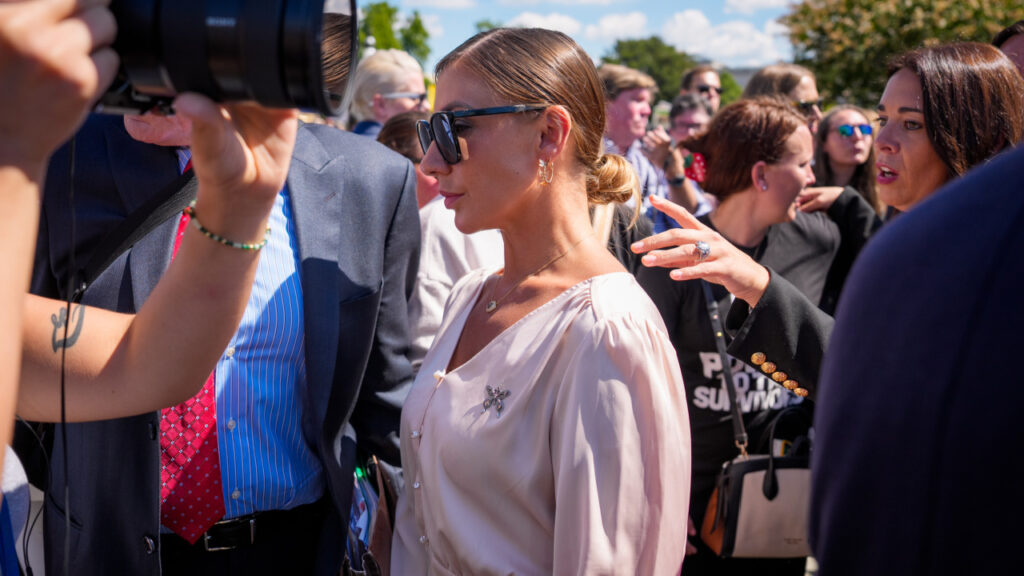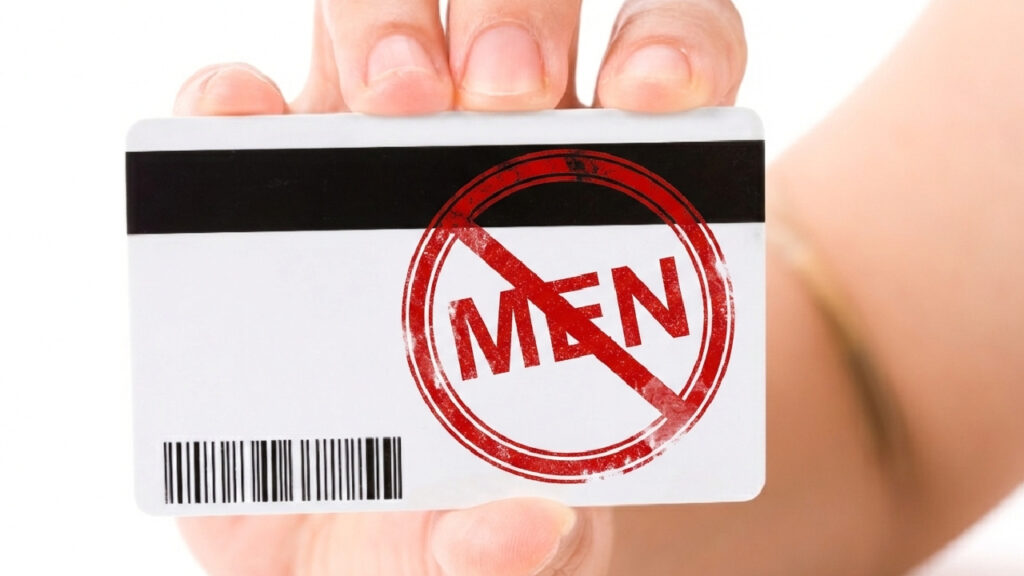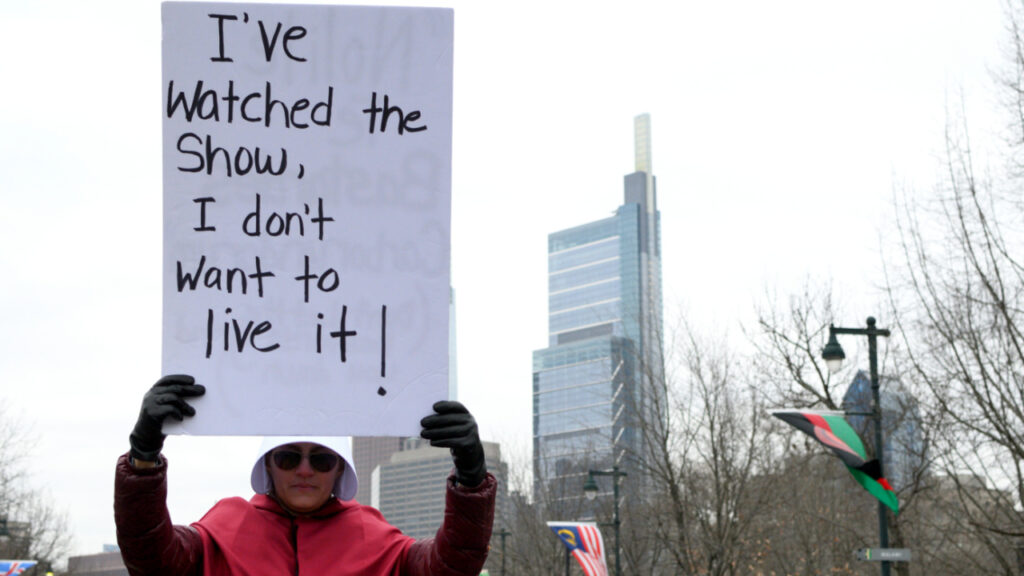
Latina Immigrant Marina Lacerda Was Epstein’s Key Accuser. Now She Wants the Files Released
She came to Queens from Brazil. She shared a bedroom with her mom and sister. A friend said a “massage” could help pay bills. Years later, prosecutors used her testimony to charge Jeffrey Epstein. Now she wants the files out in the open so survivors can heal.
Marina Lacerda speaks out for the first time
Marina Lacerda, 37, identified by sources as “Minor-Victim 1” in Epstein’s 2019 indictment, went public for the first time and asked for transparency. “I would like for them to give all the victims transparency, right, to what happened and release these files. It’s also not only for the victims, but for the American people,” she told ABC News’ Linsey Davis.
The outlet reported that her information helped federal prosecutors bring the 2019 sex-trafficking case in New York. Epstein died by suicide in a New York jail in 2019.
From Queens to a mansion. The pipeline he built
According to the 2019 indictment, Lacerda met Epstein in 2002 at age 14 after a friend offered $300 for a massage. “It went from a dream job to the worst nightmare,” she said at a Capitol press conference. She described a “revolving door” at his Manhattan home. “If he was in New York, he had his week prepped to see as many girls as possible. I would say he was seeing about five to maybe eight women, maybe even more, maybe up to ten women a day,” she told the media. She said he paid her and pushed her to recruit other teens, according to the indictment.
How Marina Lacerda became “Minor-Victim 1”
Federal investigators first contacted her in 2008. Epstein secured a non-prosecution agreement before she could testify to a grand jury. “I would have felt much better today speaking if I was able to speak in 2008,” she told ABC News. “If they gave me the chance to speak, these women would not be through this.” The FBI reached out again more than a decade later. Prosecutors then used her experiences to support the 2019 charges in New York.
Congress, the files, and a growing public fight
Lacerda urged Congress to release all investigative records. She backed a bipartisan push by Rep. Thomas Massie and Rep. Ro Khanna to force a vote on the Epstein Files Transparency Act. The House Oversight Committee stated that it has received tens of thousands of pages from the Justice Department and posted a first batch. However, most of the documents were already publicly available.
The Justice Department and FBI said in July they found no evidence of a “client list.”. As politics heated up, Trump called the release effort “a Democrat hoax.” Survivors said that if Congress does not act, they will assemble their own confidential list of regulars in Epstein’s world.
What Marina Lacerda says she needs to heal
“We need to have transparency. We need the Epstein files to be out,” she said. “Today I spoke about it — I want to have my files so that I can begin to heal,” ABC News reported. She said she struggles to remember “many pieces” of her story and that the records could help her “put the pieces of my own life back together.”
“My therapist says that my brain is just trying to protect itself, but it’s so hard to begin to heal that there are people out there who know more about my abuse than I do,” she said.




